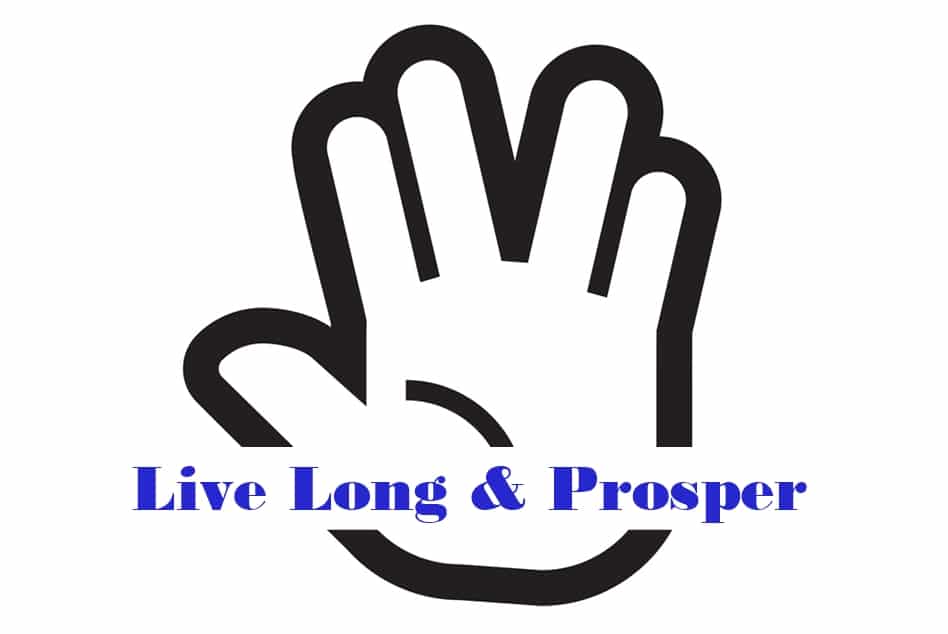3 At Home Tests Tell You How Long You Will Live
Most people have a desire to live life to the fullest with a combination of quantity and quality.
This short article presents the findings of five researchers who identified three simple tests you can do at home to measure your possible lifespan.
The medical paper published in the British Medical Journal in 2014 revealed a 13 year study where they took 1,355 men and 1,411 women in 1999 when they were 53 years old and then checked to see who was alive and well 13 years later in 2012.
The following are the three tests that were evaluated:
- Standing on one leg with your eyes closed for 10 seconds or longer
- Having a strong grip
- Being able to stand up and sit back down in a chair many times in a minute.
According to the researchers of this paper, these tests clearly represented tell-tale signs of longevity.
Perform well in all three tests at age 53 or so and you should be healthy and vibrant 13 years later, when you are 66.
Researchers from University College London estimate that a 53 year old who can complete these tests successfully is up to 5 times more likely to be alive and well at 66 than someone who couldn’t complete the tests or who did them poorly.
There were far higher death rates among those who failed to complete the tasks.
Officially the tests are called:
The Chair Test (Standing up and sitting down in a chair 39 times in a minute for a man, and 36 times for a woman)
The balance test (standing on one leg for 10 seconds or longer with eyes closed)
The grip test (ability to apply a pressure of up to 54.5 kg or 120 pounds)
Reference:
Cooper R1, Strand BH, Hardy R, Patel KV, Kuh D.Physical capability in mid-life and survival over 13 years of follow-up: British birth cohort study. BMJ. 2014 Apr 29;348:g2219
Compliments from Functional Medicine University

